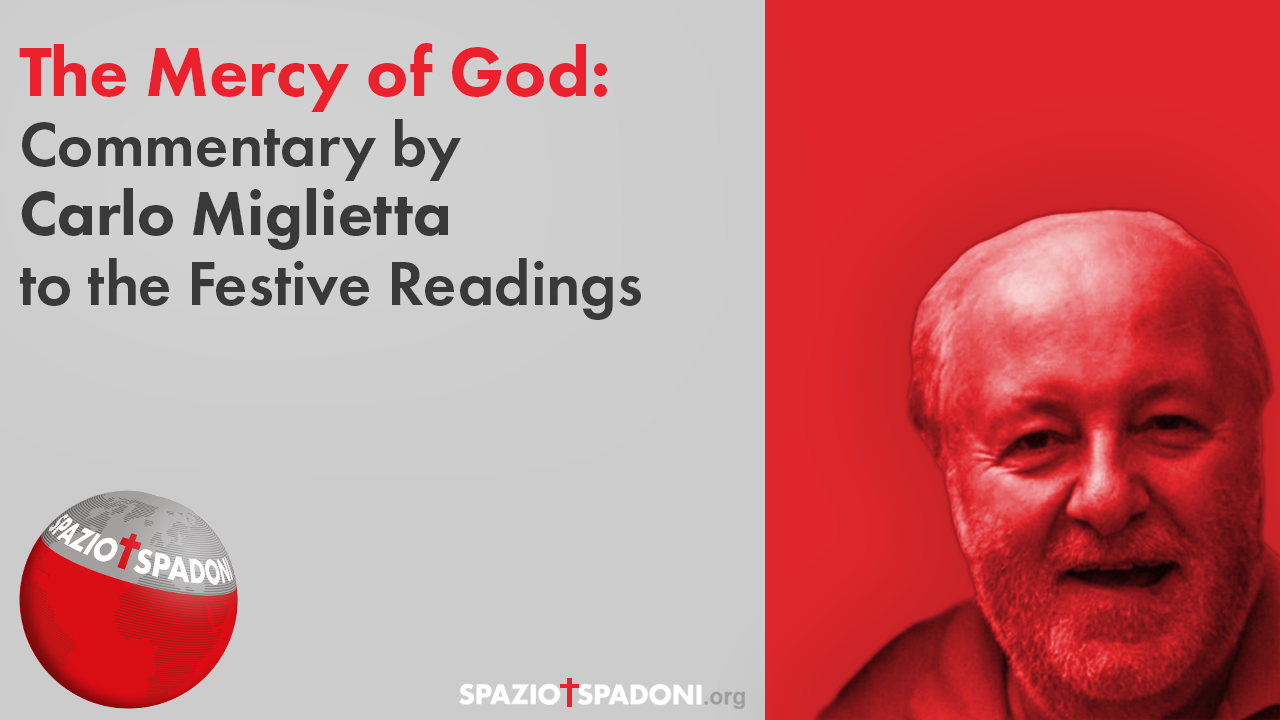
Jesus Winner Of Evil
Readings: Gen. 3:9-15; 2 Cor. 4:13-5:1; Mk. 3:20-35
Jesus’ activity as an exorcist is undoubtedly a historical fact: to summarize Christ’s work, Mark writes that he “preached and cast out demons” (Mk 1:39); and the Babylonian Targum also accused Jesus of magical exorcisms. In today’s Gospel Jesus is accused of “casting out 0the demons by the prince of demons” (Mk 3:22).
But who are these demons, so abundantly mentioned in the Gospels? The Jewish monotheistic tradition did not tolerate other presences beside God: the serpent of Genesis itself was nothing but “the most cunning of the wild beasts made by the Lord God” (Gen 3:1), as also in today’s First Reading: “cursed more than all cattle and all wild beasts” (Gen 3:14). In the last centuries before Jesus, however, under Persian influences, it comes to be affirmed in some apocryphal texts that demons induce man to evil (Jubilees 7:27; 10:1; 11:4; 12:20), and in any case also in some biblical writings they are held to be the origin of sickness and death (Tb 6:13-17). But in the Gospels there is much restraint on the subject of demons: not even all illnesses are attributed to demons, but only mental illnesses (Mk 5:1-10; 16:9…) or epilepsy (Mk 9:14-27). Demons are sometimes presented as intelligent beings who tempt Jesus (Mk 1:13), talk to him (Mk 5:6-12) or confess his divinity (Mk 1:24; 5:6). The Catholic Church recognizes Satan as a personal character, unlike the Reformed Churches, which see it as a pure literary genre to denote evil. In any case, the devil, while being “the prince of this world” (Jn 12:31; 16:11), “murderous and a liar from the beginning” (Jn 8:44), is not the metaphysical principle of evil, but the tempter of man (Mt 4:1; Lk 22:31…), the possibility of estrangement, of division (devil comes from dìa-ballo, I divide) from God, in oneself and one’s neighbor.
Evil is alienation for man, it is schizophrenia (“My name is Legion, because there are many of us”: Mk 5:9), opposed to the oneness of God; it is a master spirit, of dominion (“he possessed him.” Mk 1:23; 5:1; 7:25; “grasped him”: Mk 9:18); it is suffering (“tore him down”: Mk 1:25; “beat himself up”: Mk 5:5; cf. Mk 9:18-26); it is death (Mk 9:22; Mk 9:26); it is spirit of self-assertion (Mk 1:24. 26; 5:5.7; 9:26), of maximum profit (Mk 5:16-17). It is embodied in the economic field in exploitation and oppression, in unbridled capitalism, in the logic of profit, in ecological disruption; in the social field in the privileges of the few, in imperialism, colonialism, racism, wars, violence; in the political field in corruption and the race for power; in the cultural realm in the various ideologies that enslave and massify; in the biological realm in sickness and death; in the spiritual realm in “all that is in the world, the lust of the flesh, the lust of the eyes, and the pride of life” (1 John 2:16).
The Joyful News is that Jesus has come to defeat evil forever, to bring demons to ruin (Mk 1:24): he is “the strongest,” today’s Gospel tells us (Mk 3:20-35; cf. Lk 11:22) who comes to destroy their power, and this is a sign “that the kingdom of God has come to you” (Lk 11:14-22). The devil is now completely subject to the lordship of Christ, in whose name he is cast out and overcome (Mk 9:38). And such power is given by Christ to his disciples (Mk 6:7, 13), who note the final fall of Satan (Lk 10:17-20). Those who follow Jesus must not only have nothing to do with evil (“What have you to do with us? “: Mk 1:24), but they are called ‘that they might have power to cast out demons’ (Mk 3:14), to continue in history, in the name of the Master, the battle against all manifestations of evil (Mk 16:17): an enterprise that will succeed to them only if they are firmly rooted in God (Mk 9:28-29), convinced of victory over evil and even death, for, as the Second Reading states, ‘he who raised the Lord Jesus will also raise us with Jesus’ (2 Cor 4:14).
